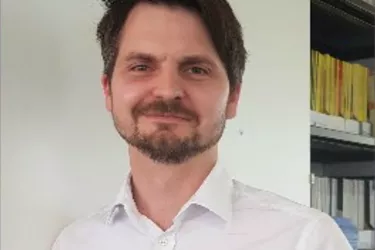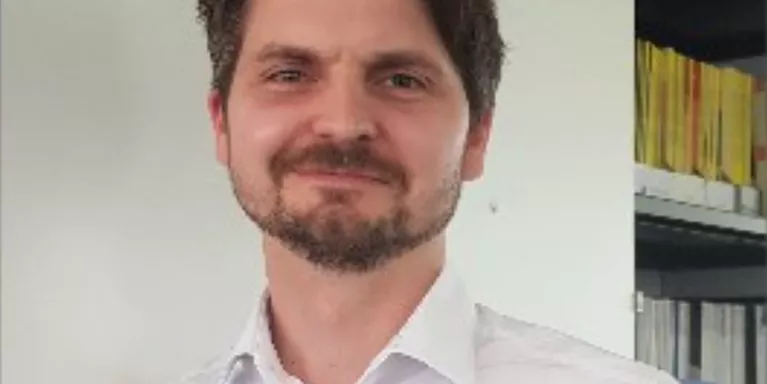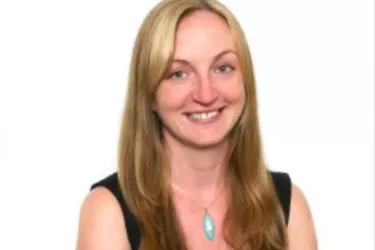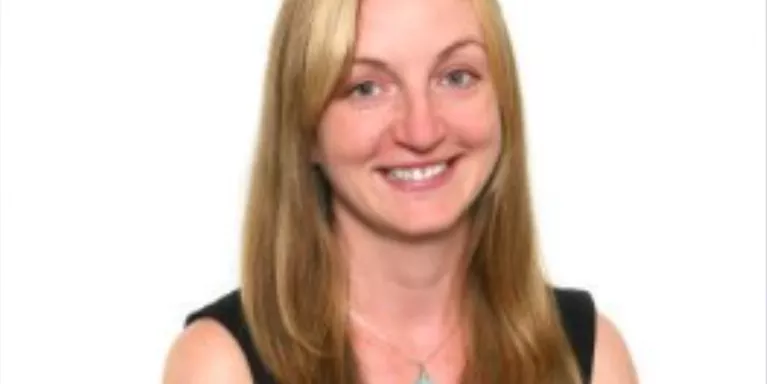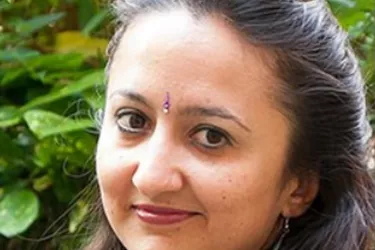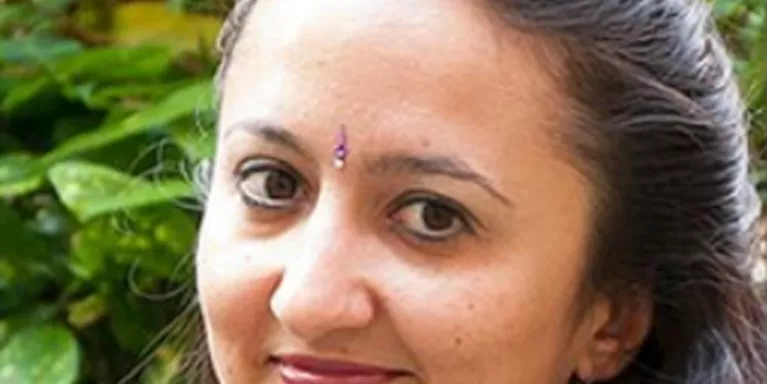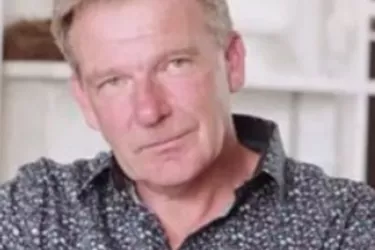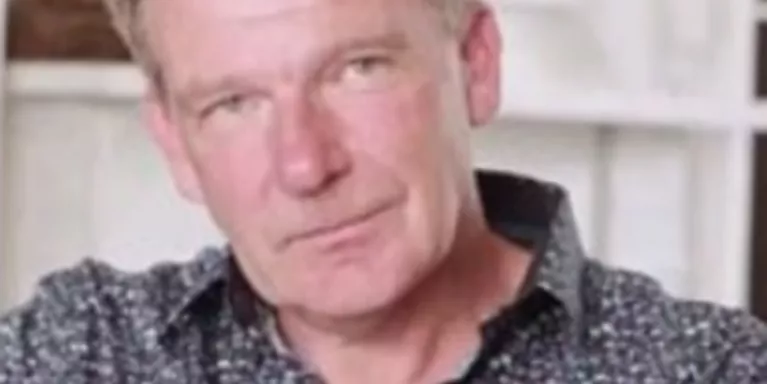Bereavement turned my life into a blur
Amy blogs about how grief had a devastating impact on her mental health and how she has gradually learnt to live again.
I met my wonderful husband Simon at work in 2003. We had the most amazing life together, packing so much into our years together including a lot of travelling.
In July 2020, our world was turned upside down when, out of the blue, Simon had a seizure. He was diagnosed with a brain tumour. The next 12 months passed in a whirlwind with Simon having brain surgery, radiotherapy and chemotherapy.
He fought hard but sadly his tumour was aggressive, and it grew back within eight months of his surgery. At the end of May 2021, Simon was given a terminal diagnosis, with the doctors giving him six-eight months to live. Unfortunately, Simon got a bleed on the brain and passed away more quickly than expected in July 2021, at the age of 52.
I tried to be strong throughout his illness, but when I lost Simon, I just felt numb. I went back to work four days after his funeral, as I didn’t know what else to do and I thought sitting around at home wouldn’t help.
“The numbness started to wear off about three months in, and it really hit me that I’d lost the love of my life.”
The numbness started to wear off about three months in, and it really hit me that I’d lost the love of my life, and that my life would never be the same again.
My doctor was brilliant and signed me off work for three months. During those three months I focused on me. I had a couple of grief counselling sessions but felt it wasn’t the right time for me to continue with that as I didn’t think anything would ever make me feel better.
In the first year I felt as if my life had stopped, and everything was going on around me in a blur. I made it through that first year of bereavement thanks to amazing support from friends, family and colleagues.
Avoiding opening up
I tended to avoid opening up to people as I thought they would not be able to fully understand what I was going through. I also had the sense that some people had a time limit on grief and that after a year I should have been back to my normal self again and be over losing Simon.
In October 2022, I went on a widows retreat in Scotland. I became friends with six other widows, who were all in the same boat as me and understood how I was feeling. We have formed a support network for each other and meet up when we can.
Christmas and New Year in 2022 were tough. We had our first date on New Year’s Eve and always celebrated that each year. It hit me harder than the first year without Simon. That was because he hadn’t been here for any of 2022 and the thought of starting another year devastated me.
“I hit my lowest point at the end of January 2023, when I just didn’t want to be here any longer.”
I hit my lowest point at the end of January 2023, when I just didn’t want to be here any longer. I felt down all the time and just shut myself away, avoiding contact with people. I threw myself into work but struggled to make decisions and lacked self-confidence. I had no interest in anything and wasn’t eating properly or sleeping well, despite my exhaustion.
I knew I couldn’t carry on like this, so I spoke to my doctor. I was offered anti-depressants. Although I know they work for many people, I decided not to take them as I didn’t feel that they would deal with the reason for my depression.
Bereavement counselling and exercise
The same day that I spoke to the doctor, I saw an advert on social media for a personal trainer (Jack). I thought that exercise might improve my mental health. I got in touch with him and went for a consultation.
I started working with Jack in March 2023 and did a twelve-week programme of personal training sessions. It helped me so much physically and mentally that I am continuing to work with him.
At the same time, I found a bereavement counsellor. This helped me to stop bottling up my grief and to let it out. It was a safe space where I felt I could say anything without being judged or upsetting friends and family.
“I made some big decisions including taking redundancy. I decided to focus on what would make me happy.”
Both of these things combined have helped massively improve my mental health. It has also helped me think about the future and what I want to do going forward.
I also made some other really big decisions including taking redundancy from work. I walked away from a job with a lot of pressure that I really hadn’t enjoyed since losing Simon.
I decided to focus on what would make me happy, so I now work part time and am studying part time for my final professional accountancy exams.
I have recently started voluntary work with a local organisation that gave Simon some fantastic support during his illness.
I now have two dogs, and I have been trying a number of new hobbies that focus on mindfulness, including Nordic walking, yoga, painting and crafting. I’ve put together memory books of the travels that Simon and I took together.
I write to Simon every day, and that also really helps. I talk to him about my life and memories of the life we had together. I tell him what is happening in the world and about things I know he would have been interested in such as how Liverpool FC are doing!
While my life without Simon will never be the same again, I like to think he would be proud of me and the journey that I’ve been on over the last two years.
Related Topics

Information and support
When you’re living with a mental health problem, or supporting someone who is, having access to the right information - about a condition, treatment options, or practical issues - is vital. Visit our information pages to find out more.
Share your story with others
Blogs and stories can show that people with mental health problems are cared about, understood and listened to. We can use it to challenge the status quo and change attitudes.










